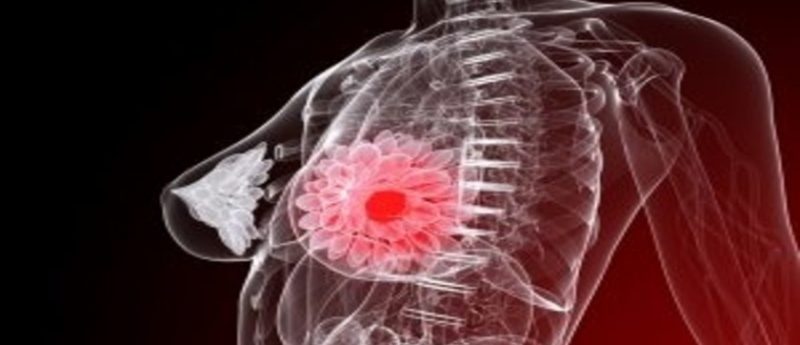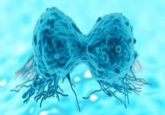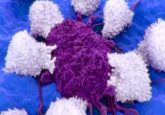Novel vaccine demonstrated to decrease disease recurrence in breast cancer patients

Findings presented by The University of Texas MD Anderson Cancer Center (TX, USA) at the 2014 American Society of Clinical Oncology’s Breast Cancer Symposium (held September 4–6, San Francisco, CA) have provided further evidence of the potential of immunotherapy in breast cancer. Their findings demonstrate how a new vaccine candidate termed GP2 was proven effective in preventing disease reoccurrence, especially when combined with trastuzumab (Herceptin, Roche, Switzerland) in high-risk patients.
The findings came from positive results of a Phase II randomized trial that paired the vaccine, which was designed to stimulate CD8+ cells, with granulocyte/macrophage stimulating factors (GM-CSF).
The trial comprised a total of 190 breast cancer patients with varying levels of HER2 expression. Eighty nine of these individuals received the GP2 vaccine along with a GM-CSF adjuvant while the control group of 91 women received GM-CSF alone. The vaccine was injected subcutaneously monthly for a duration of six months and was followed by four cycles of booster shots administered every six months thereafter. The patients were then monitored for approximately three years.
Eight of the patients experienced early recurrence or developed a second malignancy and did not continue the trial. However, for all of the 190 patients, including those who could not complete the trial, the disease-free survival rate was 88% for the patients that received GP2 and 81% for the control group.
The results were higher when excluding the patients who did not complete the trial – 94% for those receiving the vaccine versus 85% for GM-CSF only patients – representing a promising 57% risk of recurrence reduction. Furthermore, the vaccine proved to be most effective in women expressing the highest levels of HER2 (HER2 +3), who experienced no cases of cancer recurrence after completing trastuzumab.
“We believe many more patients will benefit in some way from immunotherapy,” commented principal investigator Elizabeth Mittendorf of the University of Texas MD Anderson Cancer Center. “The challenge will be identifying the right immunotherapeutic approach for each individual patient. When doctors are able to do that, cancer therapy, and immunotherapy specifically, will follow a more personalized approach.”
Source: University of Texas MD Anderson Cancer Center press release




